FACTS FIRST: Decline to Prosecute Policy
I am running for District Attorney to create a fair and equitable criminal legal system that makes our communities safer. The current system does not achieve that goal. Instead, it wages war on people experiencing poverty, mental health issues, or substance use disorder. Arresting and prosecuting New Yorkers for low-level crimes like petty theft, consensual sex work, and drug possession tears families apart and perpetuate cycles of poverty and inequality, while making us all less safe.
As District Attorney, I will categorically decline to prosecute all violations and the vast majority of misdemeanors. This includes all crimes of personal possession and use of marijuana and narcotics, sex work between consenting adults, as well as prosecutions that target people who are poor, who have mental health issues, or who suffer from substance use disorder. Furthermore, I will advocate for legislative change in Albany to repeal these offenses.
With rare exceptions for specific cases, the only misdemeanors my office will continue to prosecute are DWI offenses, Assault in the Third Degree, Stalking, Criminal Contempt, Criminal Obstruction of Breathing, and Forcible Touching/Sex Abuse in the Third Degree.
With very few exceptions, misdemeanor charges are simply not a threat to public safety. Prosecuting these cases upends lives; it hurts people who are charged, their families, and their communities.
In New York City, we have better tools at our disposal to address issues of poverty, mental health, and substance abuse than the criminal legal system can ever offer. Prosecuting someone for jumping a turnstile today won’t stop them from doing so tomorrow if they still can’t afford a Metrocard, just as prosecuting someone for using drugs today won’t stop them from doing the same tomorrow if they still have an untreated addiction. However, the evidence-based responses available in New York are often vastly underfunded and, as a consequence, underutilized. Rather than continuing to use prosecution for “quality of life” misdemeanors when we know it is ineffective, I will redirect resources toward organizations and support groups that actually have the necessary tools and training to address root causes.
In addition, under my leadership, the DA’s office will no longer prosecute any quality of life offenses under the New York City Administrative Code. Such minor violations, from sleeping on a park bench to loitering, should never be charged as crimes. We will therefore decline to prosecute these types of offenses.
Misdemeanors constituted 76% of arrests in the last decade and a half. [1] Declining to prosecute most misdemeanors will enormously decrease the number of cases flowing through the criminal legal system and the number of lives upended. It will make all New Yorkers safer.
A Commitment to Economic and Social Justice
The current approach to prosecution has fueled economic, social, and racial injustice in New York City. The over-criminalization and over-prosecution of low-level offenses such as drug possession and sex work disproporationately targets Black and Brown people. As District Attorney, I will completely revamp the office’s approach to prosecution — a necessary and urgent step in the fight for racial and economic justice.
The excessive prosecution of non-violent and minor crimes disproportionately burdens people who are poor or experiencing homelessness. Charging and prosecuting offenses such as fare-beating on public transit or so-called loitering effectively criminalizes poverty. These charges penalize people with low or unstable incomes, those with no or unstable housing, and people with substance use disorder or mental health issues. Rather than penalizing people for challenging life circumstances, we must provide them with opportunities to overcome these challenges.
Prosecuting these cases perpetuates cycles of poverty. For example, someone caught stealing groceries from a CVS because they can’t afford dinner for their children becomes worse off after interacting with the criminal legal system. Many crimes in New York City carry mandatory court fees for those convicted: $300 for felonies and $175 for minor misdemeanors. [2] Courts are legally barred from waiving these fees. As a consequence, people who are already suffering under the crushing weight of poverty are left further indebted, and even less able to pull themselves out of the poverty trap.
Moreover, failure to pay has long-term consequences. Unpaid debts — including court fees — can affect an individual’s immigration status, with potentially dire consequences for New Yorkers who are not citizens. These debts also make it harder to lease an apartment, or acquire credit for a mortgage or credit card. These consequences confine people to poverty, which in turn make it more likely they will return to the criminal legal system, continuing the devastating, vicious cycle. Even during this unprecedented pandemic, with over 700,000 jobs lost in New York State, the state continues to impose these court fees unabated. As District Attorney, I will not have the power to abolish these fees, but I will decline to prosecute many of the charges that incur them.
I will also decline to prosecute survivors of domestic, sexual, or gender-based violence whose arrests were related to acts of survival, including: self-defense, “failure to protect,” migration, removing children from abusive people, being coerced into acting as an “accomplice” and securing resources needed to live. Prosecuting people for these offenses perpetuates gender-based violence and social inequities. Rather than preventing or addressing the harms of gendered violence, a carceral approach causes further harm to victims, perpetrators, and their communities.
Additionally, I will decline to prosecute all predatory, police-initiated incidents such as buy-and-busts, selling methadone to undercovers, and “operation lucky bag.” These prosecutions intentionally target people with substance use disorder and disproportionately target people of color. Manhattan residents are 64% white, and yet white people constituted only 13% of drug-related arrests over the past 5 years. [3] Most people who are prosecuted using these tactics are struggling with substance use disorder, so these prosecutions not only leave them worse off but also do nothing to promote public safety. [4]
For these reasons, the DA’s office under my leadership will decline to prosecute most misdemeanors, where it is clear that prosecuting the charge will serve no purpose and where the conduct is an obvious result of poverty. Prosecuting people for sleeping on a park bench or jumping a turnstile does nothing to make anyone safer. I will redirect resources that would have been spent prosecuting these cases into non-profit organizations and community groups that support people experiencing poverty, homelessness, mental health challenges, and substance abuse disorders. [5] I will also presumptively consent to all motions to vacate charges that fall under my office’s decline to prosecute policy.
Finally, under my leadership, the district attorney’s office will always be accountable to the public. Under Cyrus Vance, the Manhattan DA’s office has struck agreements with the New York Police Department that allow the NYPD and its lawyers to serve as prosecutors on cases, including those cases resulting from mass arrests after protests, like those in support of racial justice last summer. Taking prosecutorial authority away from the elected DA and handing it to unelected police lawyers is an outrage. I will immediately ban this practice of allowing NYPD lawyers to serve as prosecutors.
An Evidence-Based Approach to Prosecution
A growing body of research shows that the current District Attorney’s approach to prosecution is not working. Over the last fifty years, American cities and states, including New York, have criminalized a slew of behaviors and prosecuted them aggressively, with long mandatory sentences for those convicted. The result has been mass incarceration: thousands of our fellow Manhattanites in jail, tearing apart families and communities, and ruining lives as well as leading to astonishing rates of recidivism.
Most formerly incarcerated people struggle to find employment. Many of those I have represented during my decade as a public defender — including teachers, bouncers, security guards, home health aides, servers, bartenders, taxi drivers, and line cooks — find the end of their prison sentence marks the beginning of a lifelong sentence of unemployment imposed by private employers. There are devastating long-term consequences for these individuals, their families, and our whole economy, including years of lost opportunity and lost productivity.
Furthermore, our current approach is ineffective. The data is clear: in most cases, criminalizing acts does not prevent them from occurring.[6] Studies show that jail time actually makes recidivism more likely, which means that the current approach makes New York less safe. [7]
This ineffective approach to prosecution has not only failed to reduce incidents of the crimes it set out to target, but it is also costly. Over 90% of adults arrested in Manhattan are arrested on minor misdemeanors and non-violent crimes. [8] It costs taxpayers over $300,000 a year to incarcerate one person (over $975 per night!), [9] in addition to the resources prosecutors expend on these cases. These are resources we should be using to hold accountable those who are committing serious crimes that pose a significant risk to the public, including homicide, domestic violence, police misconduct and corporate malfeasance.
As DA, I will adopt an evidence-based approach to decide which cases to prosecute, focusing our prosecutorial resources on these serious and violent crimes, not on low-level offenses where prosecution does more harm than good.
An Advocate for Policy Change
While taking all the steps within the power of the District Attorney to advance a fair and equitable approach to criminal justice, I will also be a staunch advocate for legislative policy changes that would advance these goals. This will include campaigning for a law that bans future prosecution agreements between the District Attorney and the New York Police Department, or other agreements that allow the DA’s office to deputize any unelected bodies, such as private firms, to take over its responsibilities.
I will also advocate for the repeal of mandatory court fees for people experiencing poverty. While these fees are in place, I will advocate for them to be adjusted for indigence, so that those who cannot pay are not burdened with long-term debts. Furthermore, I will consider indigency when charging crimes that have accompanying fines or fees.
Finally, I will advocate for the repeal of criminal statutes of the charges my office declines to prosecute, including drug possession and use, consensual sex work, and quality of life crimes. Manhattanites deserve a District Attorney who is accountable to the public, focuses resources on serious and violent crime and the promotion of public safety, not on needlessly charging low-level offenses which criminalize poverty and place undue burdens on the vulnerable residents of our city. I will be that DA.
- NYPD Arrest Data, https://data.cityofnewyork.us/Public-Safety/NYPD-Arrests-Data-Historic-/8h9b-rp9u, Calculated using data from 2006 to 2019.
- “New York Should Re-examine Mandatory Court Fees Imposed on Individuals Convicted of Criminal Offenses and Violations,” Fines & Fees Justice Center, Nov 20, 2018.
- https://finesandfeesjusticecenter.org/articles/new-york-should-re-examine-mandatory-court-fees-imposed-on-individuals-convicted-of-criminal-offenses-and-violations
- NYPD Arrest Data, https://data.cityofnewyork.us/Public-Safety/NYPD-Arrests-Data-Historic-/8h9b-rp9u.
- Additional policies will address this topic in detail.
- Future policies will address community partnerships in detail.
- Stevens, Alex et. al., “Depenalization, diversion and decriminalization: A realist review and programme theory of alternatives to criminalization for simple drug possession,” European Journal of Criminology, Nov 28, 2019.
- https://journals.sagepub.com/doi/full/10.1177/1477370819887514.
- Michael Rempel et al., “Understanding Risk and Needs in the Misdemeanor Population: A Case Study in New York City,” Understanding Risk and Needs in the Misdemeanor Population: A Case Study in New York City (Center for Court Innovation, May 2018). https://www.courtinnovation.org/sites/default/files/media/document/2018/Misdemeanor_Populations_Risks_Needs.pdf (accessed October 8, 2019).
- NY State Division of Criminal Justice Studies, https://www.criminaljustice.ny.gov/crimnet/ojsa/arrests/index.htm.
- “Comptroller Stringer: Cost of Incarceration per Person in New York City Skyrockets to All-Time High,” Dec 6, 2019, https://comptroller.nyc.gov/newsroom/comptroller-stringer-cost-of-incarceration-per-person-in-new-york-city-skyrockets-to-all-time-high/.

